Poly and bleach, is it safe?
SeniorBalloon
18 years ago
Featured Answer
Sort by:Oldest
Comments (28)
SeniorBalloon
18 years agoweebus
18 years agoRelated Discussions
removing algae from 6-mil poly
Comments (1)Sorry to bear bad news, but the bleach was a poor choice. The chlorine strips off the UV protectant chemical in the poly. I made the mistake of painting mine with a latex paint mixture as shade paint and tried everything to get it off. Simple Green was pretty good. I also used rubbing alcohol, but that gets expensive. From what I read, rubbing alcohol will not strip the UV protectant. You could also try hydrogen peroxide; that might be good for algae. I used a pressure washer on mine, but it didn't work at all. A scrub brush was better....See Morebleached spots showing thru on sanded floors
Comments (0)We sanded our red oak floors and removed all the finish. Had a couple of stains and used bleach to remove those. Rinsed well and cleaned up all dust. Applied first coat of poly--the bleached areas are so much lighter than surrounding floor. What should I do? Remove poly and apply stain to those areas and re-poly? Any suggestions appreciated....See MoreIs it safe to use bleach or BKF with pol. chrome sink strainer?
Comments (7)I know you have already gotten the message that bleach and oxalic acid (BKF) are safe for chrome. Thought I would point out that the reason stainless steel is stainless is BECAUSE of the chromium that is in it. Chromium forms an oxide on the surface of itself (or on stainless steel) that protects the rest of the metal from corroding....See Morecomposite deck / bleach mold cleaning recommendations negligent
Comments (10)Yo Ken, if your still around your up on this one. Far as Composites go I am with the Larry/whoever We are for the most part. Composites are really no longer using recycled material because there is just not enough of it so most of the raw stuff is virgin,the energy used to make composite is an enviro no no, when its time to remove the project composite is not real big on bio degrade its tricky to burn shreading it would be silly. Bottom line composites are not so enviro freindly. Info like that might suggest its not all that good to clean it either, with anything. I dont agree>> composites will out last Ipe, left to go silver/gray Ipe is as close to no maintance as a person can get. With the softer composites like Choice/MoistureShield even trex= tjunk I have found a coat or two of TWP 116 seals up the decking,locks in the color and keeps mold,mildew,stains from causing major problems. Of course not needing to do this is the reason the Wallet goes for composite in the first place. I my own self dont like composites at all for the reasons stated in several posts here and on other sites. Welcome aboard Larry!!! Sorry I dident understand your intent at the begining . John...See MoreSeniorBalloon
18 years agoweebus
18 years agochris_in_iowa
18 years agochris_in_iowa
18 years agoweebus
18 years agoweebus
18 years agochris_in_iowa
18 years agoSeniorBalloon
18 years agochris_in_iowa
18 years agoSeniorBalloon
18 years agobihai
18 years agoweebus
18 years agobihai
18 years agonathanhurst
18 years agoweebus
18 years agoweebus
18 years agobihai
18 years agonathanhurst
18 years agoSeniorBalloon
18 years agoweebus
18 years agobihai
18 years agoSeniorBalloon
18 years agochris_in_iowa
18 years agonathanhurst
18 years agoSeniorBalloon
18 years ago
Related Stories
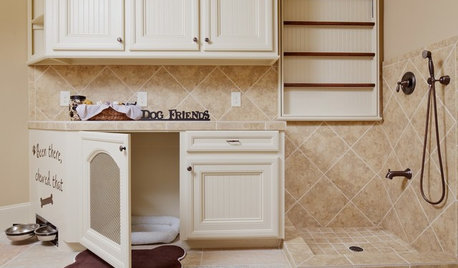
PETSThe Crate Conundrum: A Safe Place for Your Pooch
Get ideas for a comfy den for your dog that works well with your space too
Full Story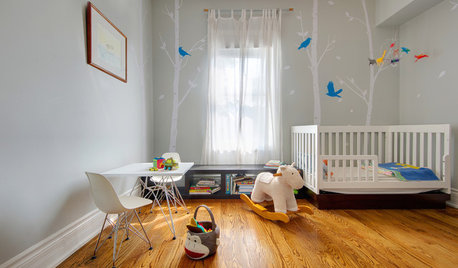
DECORATING GUIDES8 Tips for Creating a Safe and Cozy Nursery
Learn how to design a room that will grow up with your baby and also will be comfortable for you
Full Story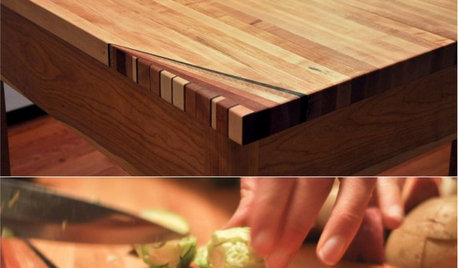
WOODWORKINGHow to Clean and Care for Your Butcher Block
Keep butcher block counters and boards looking sharp as a knife — and sanitized for safe food prep — with this advice from a pro woodworker
Full Story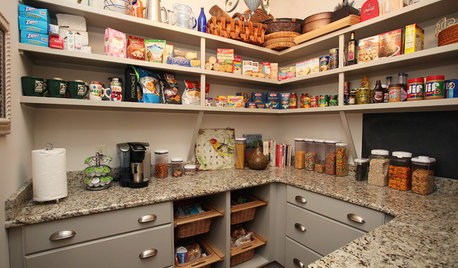
LIFEHow to Prepare for and Live With a Power Outage
When electricity loss puts food, water and heat in jeopardy, don't be in the dark about how to stay as safe and comfortable as possible
Full Story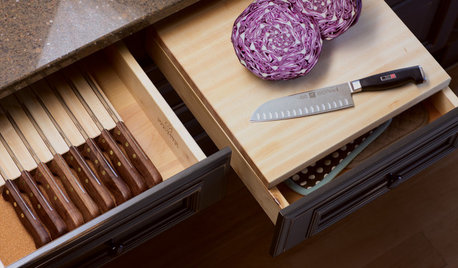
KITCHEN STORAGEKnife Shopping and Storage: Advice From a Kitchen Pro
Get your kitchen holiday ready by choosing the right knives and storing them safely and efficiently
Full Story
HOUSEKEEPINGGet Those Carpet Stains Out: Best Nontoxic Methods for Spot Cleaning
Banish blotches the safe way with pantry staples, to get your rugs looking as clean as the day they came home
Full Story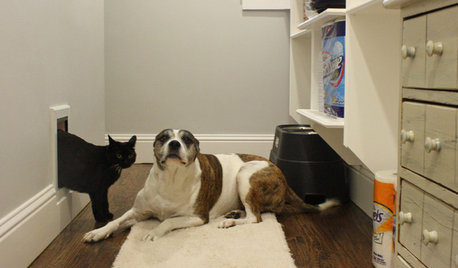
PETSPet-Proofing Your Home: A Room-by-Room Guide
Not all pet dangers are obvious. Keep furry friends safe and sound by handling all of these potential hazards
Full Story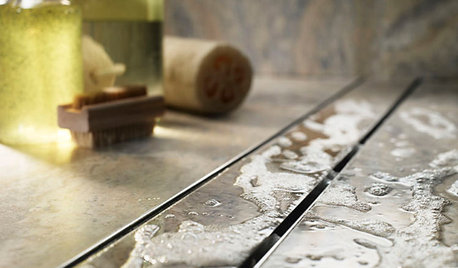
HOUSEKEEPING12 Cleaning Projects That Go a Little Deeper — Naturally
Eucalyptus oil for germy door handles. Baking soda for oven grime. Here are nontoxic solutions for often-overlooked cleaning jobs
Full Story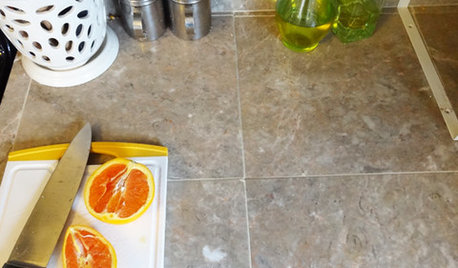
HOUSEKEEPINGHow to Clean Grout — Stains and All
If your grout is grossing you out, this deep-cleaning method will help it look new again
Full Story
DECORATING GUIDESBreathe Easier by Allergyproofing Your Home
Don't turn your nose up at these simple ways to keep pollen and other allergens from infiltrating your home
Full StorySponsored
Central Ohio's Trusted Home Remodeler Specializing in Kitchens & Baths




cottagefarmer